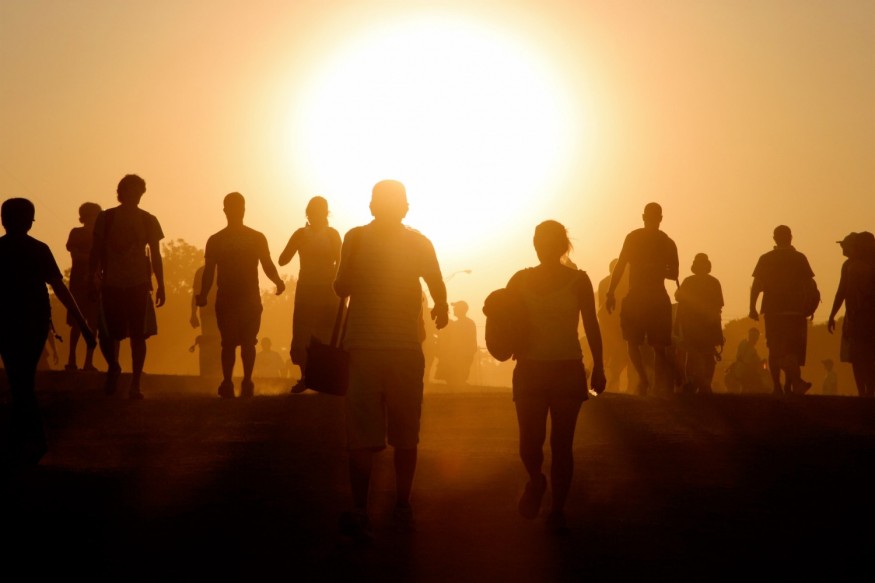Very warm temperatures and intense sunlight could lower the transmission of COVID-19, a study revealed.
The study, "Climate and the spread of COVID-19," published in Scientific Reports, said humid weather and extended hours of sunlight, such as tropical countries that are already in the summer season, would have a reduced rate of COVID-19 cases compared to regions encountering colder weather.
Researchers added that their findings do not imply that a hot summer season would inhibit the spread of COVID-19, but such would give them an advantage in eventually containing it.
They said the higher the temperatures, the more powerful ultraviolet radiation could help back public support measures in eliminating COVID-19.
Speculation about Seasonal Nature of COVID-19
There was much speculation that warmer temperatures would help curb the spread of the virus, after the outbreak in the winter of 2020, following a somewhat seasonal pattern, just like other respiratory illnesses, like the flu virus.
Several factors are behind such seasonal patterns. Some studies say respiratory viruses are more stable and stay in the air longer in colder, less humid environments, Live Science said in an article. Human activities such as mass gatherings indoors during such cold climates could also strengthen the virus transmission.

Lab results also confirm that warmer temperatures lower the survival rate of SARS-CoV-2, yet it is not certain whether this accurately translates in the real world.
Countries Near The Equator Have Lower COVID-19 Spread, Says Study
In this new research, scientists studied data from 117 countries, using figures on COVID-18 transmission from the start of the pandemic to January 9, 2021. They would then use statistical methods to determine the link between the latitude of the country affecting the amount of sunlight it receives and the level of the actual COVID-19 spread.
The researchers discovered that every degree of increase in the latitude of a country from the equator was connected to a 4.3 percent increase in COVID-19 cases per million people. If one country is situated 1,000 kilometers closer to the equator than another country, it would have 33 percent lower COVID-19 cases per million people.
Their findings, researchers said, would confirm hypotheses about high temperatures and sunlight reducing the spread of the SARS-CoV-2 virus and incidences of the resulting COVID-19 illness. It also suggests that the resurgence of the epidemic may come during winter, as what happened in countries located in the Northern Hemisphere from late December last year to early January.
Limitations of the Study
The study, however, did not state its limitations, stressing that while the findings would confirm the hypothesis that heat and sunlight could cause a reduction in the SARS-CoV-2 spread, the specific reasoning for the positive association between UV radiation and warmer temperatures with incidents of COVID-19 in a particular population has not been clearly laid out, The Jerusalem Post reported. It said that it could be "not only biological, but also behavioral factors" to explain that connection.
RELATED ARTICLE : COVID-19 Transmission Linked to Triangular-Shaped Spikes Found on Virus
Check out more news and information on COVID-19 Transmission on Science Times.
© 2026 ScienceTimes.com All rights reserved. Do not reproduce without permission. The window to the world of Science Times.











